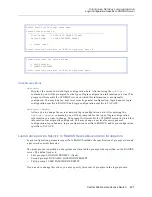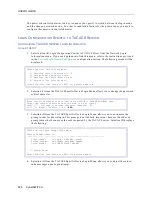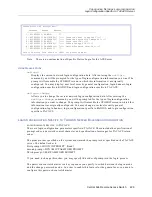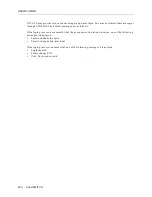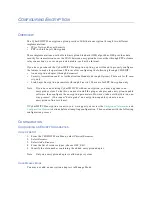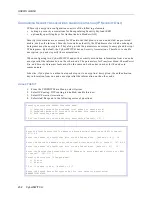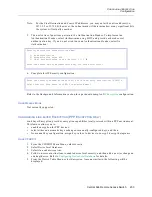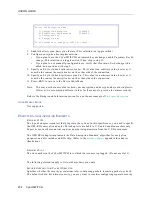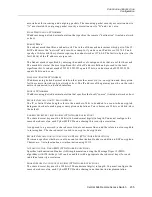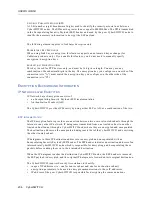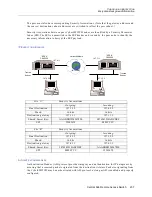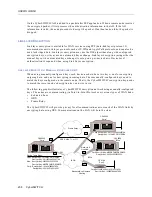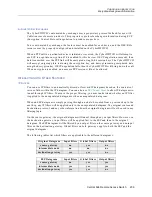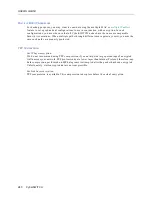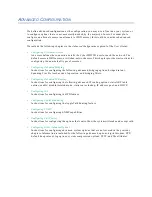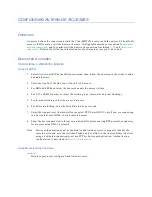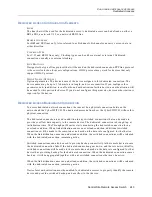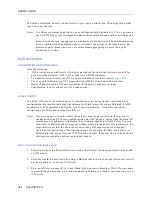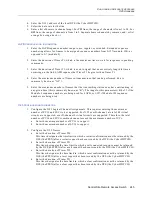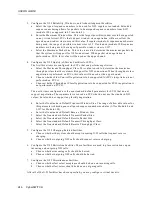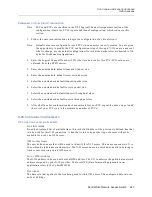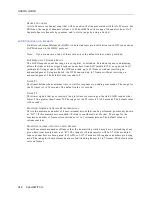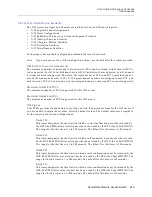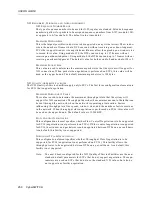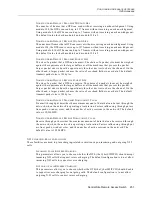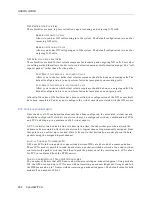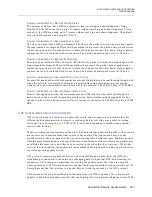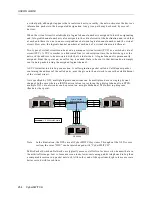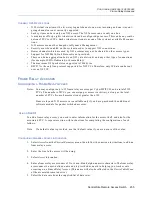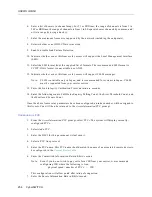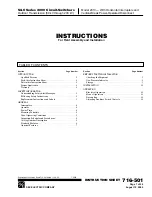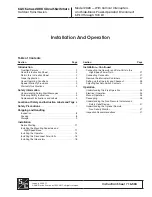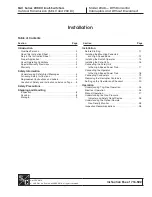
A
DVANCED
C
ONFIGURATION
We define advanced configuration as the configuration you may use to fine tune your system, or
to configure options that are not necessarily needed by the majority of users. For example, to
configure an alternate access (an alternate to ISDN access), this would be considered advanced
configuration.
We include the following chapters in the Advanced Configuration segment of the User’s Guide:
•
Configuring Alternate Accesses
An access defines the connection details the CyberSWITCH uses to reach the network. The
default access is ISDN access, a switched-network access. This chapter provides instructions for
configuring the non-default types of accesses.
•
Configuring Advanced Bridging
Instructions for configuring the following advanced bridging options: bridge dial out,
Spanning Tree Protocol, mode of operation, and bridging filters.
•
Configuring Advanced IP Routing
Instructions for configuring the following advanced IP routing options: static ARP table
entries, enable/disable isolated mode, static routes lookup, IP address pool, and DHCP.
•
Configuring IPX
Instructions for configuring the IPX feature.
•
Configuring AppleTalk Routing
Instructions for configuring the AppleTalk Routing feature.
•
Configuring SNMP
Instructions for configuring SNMP capabilities.
•
Configuring Call Control
Instructions for configuring the options that control how the system will make and accept calls.
•
Configuring Other Advanced Options
Instructions for configuring advanced system options that are not covered in the previous
chapters. Information is included for the following advanced options: digital modem, PPP,
default line protocol, log options, system compression options, TFTP, and file attributes.

